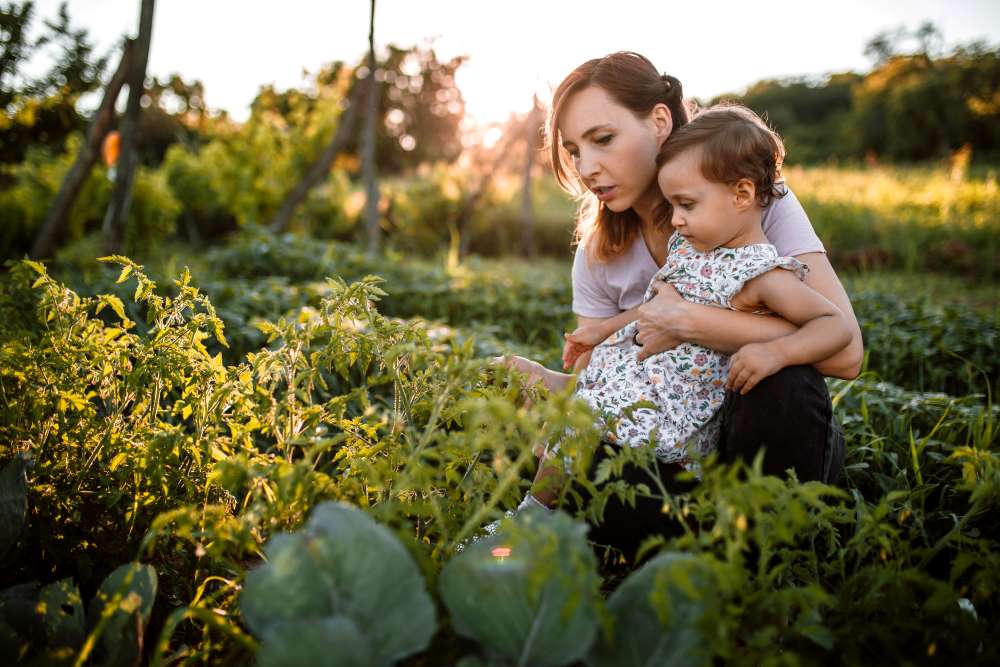
It's hard to think about the future when we're constantly worried about the present. We're so busy trying to make ends meet, pay our bills and keep our heads above water that we don't have time to worry about what kind of world we're leaving for our children. And still, it might be the most important thing we ever do.
The good news is, that there are things we can all do to make a difference. It doesn't matter if you're wealthy or struggling to make ends meet. We all have a responsibility to leave the world a little bit better than we found it. So here are six essential steps every parent should take to ensure a healthier environment for our children.
Educate Yourself and Your Family About the Issues
The first step is to educate yourself and your family about the issues. It's important to be informed so you can make choices that are right for you and your family. There are a lot of resources available, so take some time to do some research. You can start by reading books, magazines, and websites about environmental issues. You can also attend community events or workshops, or watch documentaries. It's also important to talk to your kids about the environment and what they can do to help. Explain why it's important to recycle, reduce energy consumption, and conserve water. Help them understand that even small actions can make a big difference.
Conserve Energy
Another easy way to help the environment is to conserve energy. You can do this by making some simple changes in your home such as turning off lights when you leave a room, using energy-efficient light bulbs, and unplugging electrical devices when they're not in use. If you are living in a house in Seattle, you should also consider installing solar panels on your roof. Solar panels can help you save money on your electricity bill while also reducing your carbon footprint. Before finding the best solar company in Seattle, make sure to get a solar estimate to see if solar panels are right for you. If everything works out, you could be saving money and the environment in no time!
Reduce, Reuse, Recycle
One of the easiest ways to help the environment is to reduce, reuse and recycle. By recycling, you can help reduce pollution, conserve resources and save energy. Start by recycling items that can be recycled such as paper, glass, plastic, and metal. You can also recycle electronics, mattresses, batteries, and clothing. Reusing items is also a great way to reduce waste. Instead of buying new things, try to reuse or repurpose items you already have. For example, you can use old clothes as rags or make your cleaning products from natural ingredients. You may also consider composting, which is a great way to reduce food waste and create nutrient-rich soil for your garden.
Save Water
Water is one of our most precious resources, so it's important to conserve water whenever possible. You can do this by fixing any leaks in your home, using low-flow showerheads and toilets, and watering your plants during the cooler hours of the day. You can also save water by rainwater harvesting. This is a process of collecting and storing rainwater for later use. It's a great way to reduce your water bill and help the environment at the same time. Just remember that if you do decide to harvest rainwater, you should use it for watering plants or washing your car – not for drinking.
Eat Sustainable, Organic Foods
What we eat has a big impact on the environment. So if you're looking for ways to help, eating sustainable, organic food is a great place to start. Sustainable foods are those that are grown in a way that doesn't damage the environment. This includes using fewer pesticides and herbicides and rotating crops to improve soil health. Organic foods are produced without the use of synthetic pesticides or fertilizers. They also don't contain genetically modified organisms (GMOs). Eating organic is a great way to reduce your exposure to harmful chemicals and support sustainable farming practices.
Get Involved in Your Community
While individual action is important, we also need to work together to create lasting change. One way to do this is by getting involved in your community. This could involve attending city council meetings, joining a local environmental group, or working with your neighbors to start a community garden. You can also get involved in national and global issues by writing to your representatives or donating to organizations that are working to protect the environment.
No matter what you do, remember that every little bit counts. By taking even one of these steps, you can make a difference for the environment – and future generations. So start today and see where your efforts take you!



























